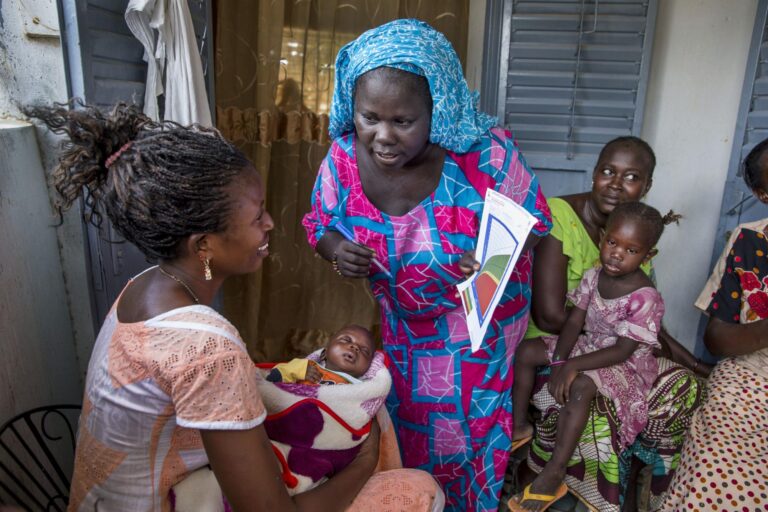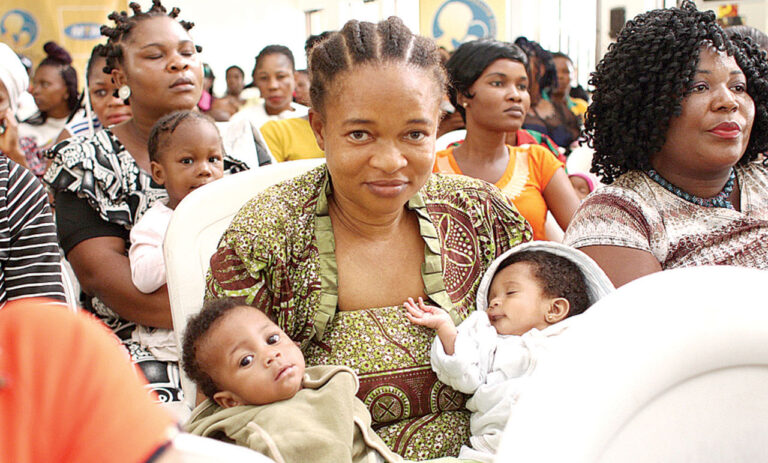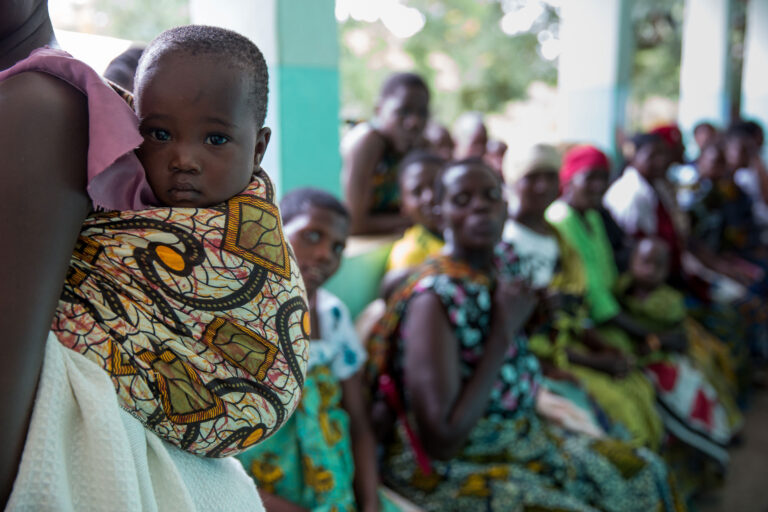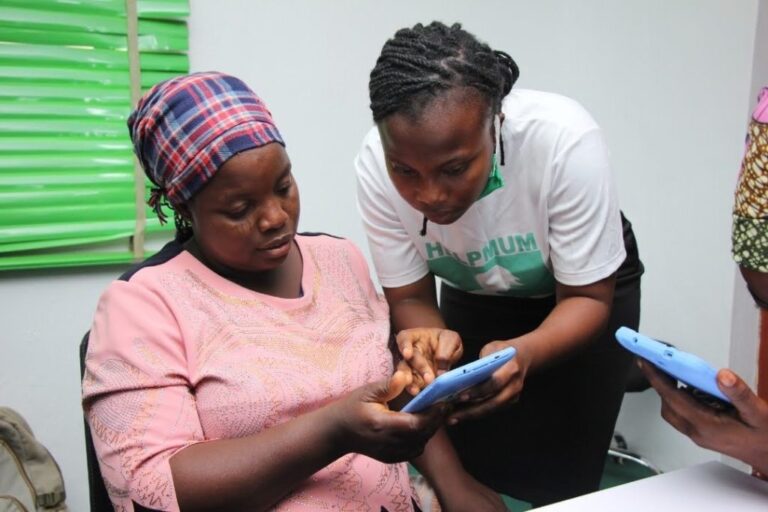Introduction:
Maternal health is a fundamental indicator of a nation’s progress and development. While advancements in healthcare have been made globally, maternal mortality remains an alarming concern, particularly in Africa. Many women across the continent continue to lose their lives due to preventable causes during pregnancy and childbirth. This report delves into the multifaceted challenges contributing to maternal mortality in Africa, including the shortage of skilled healthcare professionals, inadequate prenatal care, and cultural barriers. By examining successful interventions and policy changes, this report aims to shed light on the critical issue of maternal mortality and advocate for improved maternal health and safer childbirth practices across Africa.
Factors Contributing to Maternal Mortality:
- Lack of Skilled Healthcare Professionals: The shortage of skilled healthcare professionals, including obstetricians, midwives, and nurses, remains a significant barrier to reducing maternal mortality in Africa. Many women give birth in settings without access to trained birth attendants who can provide essential care during childbirth and address potential complications. This lack of skilled assistance increases the risk of maternal deaths, especially in cases where complications arise.
- Inadequate Prenatal Care: Access to comprehensive and timely prenatal care is crucial for identifying and managing potential risks during pregnancy. Unfortunately, many women in Africa do not receive adequate prenatal care due to various reasons, including financial constraints, lack of awareness, and distance to healthcare facilities. Inadequate prenatal care can lead to undiagnosed health issues that pose significant risks to both the mother and the unborn child.
- Cultural Norms and Barriers: Cultural norms and societal attitudes often play a role in hindering women from seeking medical assistance during pregnancy and childbirth. Traditional practices, beliefs, and taboos can prevent women from accessing essential maternal healthcare services. In some cases, women are expected to give birth at home without the presence of trained healthcare professionals, leading to increased risks of complications and mortality.
Successful Interventions and Policy Changes:
- Training and Deploying Skilled Birth Attendants: Initiatives that focus on training and deploying skilled birth attendants, such as midwives and community health workers, have shown promising results in reducing maternal mortality. These trained professionals can provide essential care during childbirth, identify complications early, and make timely referrals to higher-level healthcare facilities when necessary.
- Improving Access to Prenatal Care: Expanding access to prenatal care through community-based clinics, mobile health units, and educational programs can increase the likelihood of early detection and management of health issues during pregnancy. These interventions help ensure that women receive the necessary care and information to have a safe pregnancy and childbirth experience.
- Addressing Cultural Norms through Education: Cultural barriers can be addressed through education and awareness campaigns that promote the importance of skilled healthcare during pregnancy and childbirth. Engaging local communities and religious leaders in advocating for safer childbirth practices can help dispel harmful myths and encourage women to seek medical assistance.
Policy Changes for Improved Maternal Health:
- Investing in Healthcare Infrastructure: Governments need to prioritize investments in healthcare infrastructure to ensure that healthcare facilities are equipped with the necessary equipment and skilled healthcare professionals to provide quality maternal care. This includes upgrading healthcare facilities in rural and underserved areas.
- Strengthening Health Systems: Strengthening health systems involves improving supply chains for essential medicines, enhancing data collection and monitoring systems, and ensuring that healthcare facilities have the necessary resources to provide maternal care. This can lead to more effective interventions and improved outcomes.
- Promoting Gender Equality and Women’s Empowerment: Addressing maternal mortality requires efforts to promote gender equality and empower women. When women have access to education, economic opportunities, and decision-making power, they are more likely to seek and receive appropriate maternal healthcare.
Conclusion:
Maternal health and mortality remain persistent challenges in Africa, driven by factors such as the shortage of skilled healthcare professionals, inadequate prenatal care, and cultural barriers. Addressing these challenges requires a multi-pronged approach that involves training and deploying skilled birth attendants, improving access to prenatal care, and challenging harmful cultural norms through education and awareness campaigns. Additionally, policy changes that invest in healthcare infrastructure, strengthen health systems, and promote gender equality are crucial steps towards improving maternal health and reducing maternal mortality rates across the continent. As efforts continue to be made to address these issues, it is hoped that maternal health in Africa will witness significant improvements, ensuring safer pregnancies and childbirth for women and their families.
References:
- World Health Organization. (2019). Maternal mortality. https://www.who.int/news-room/fact-sheets/detail/maternal-mortality
- United Nations Population Fund (UNFPA). (2021). Maternal health. https://www.unfpa.org/maternal-health
- Prata, N., Passano, P., Sreenivas, A., Gerdts, C. E. (2010). Maternal mortality in developing countries: challenges in scaling-up priority interventions. Women’s Health, 6(2), 311-327.
- United Nations Economic Commission for Africa (UNECA). (2017). The state of maternal and child health in Africa. https://www.uneca.org/publications/state-maternal-and-child-health-africa
- Mrisho, M., Obrist, B., Schellenberg, J. A., Haws, R. A., Mushi, A. K., Mshinda, H., … & Tanner, M. (2009). The use of antenatal and postnatal care: perspectives and experiences of women and health care providers in rural southern Tanzania. BMC pregnancy and childbirth, 9(1), 1-9.





